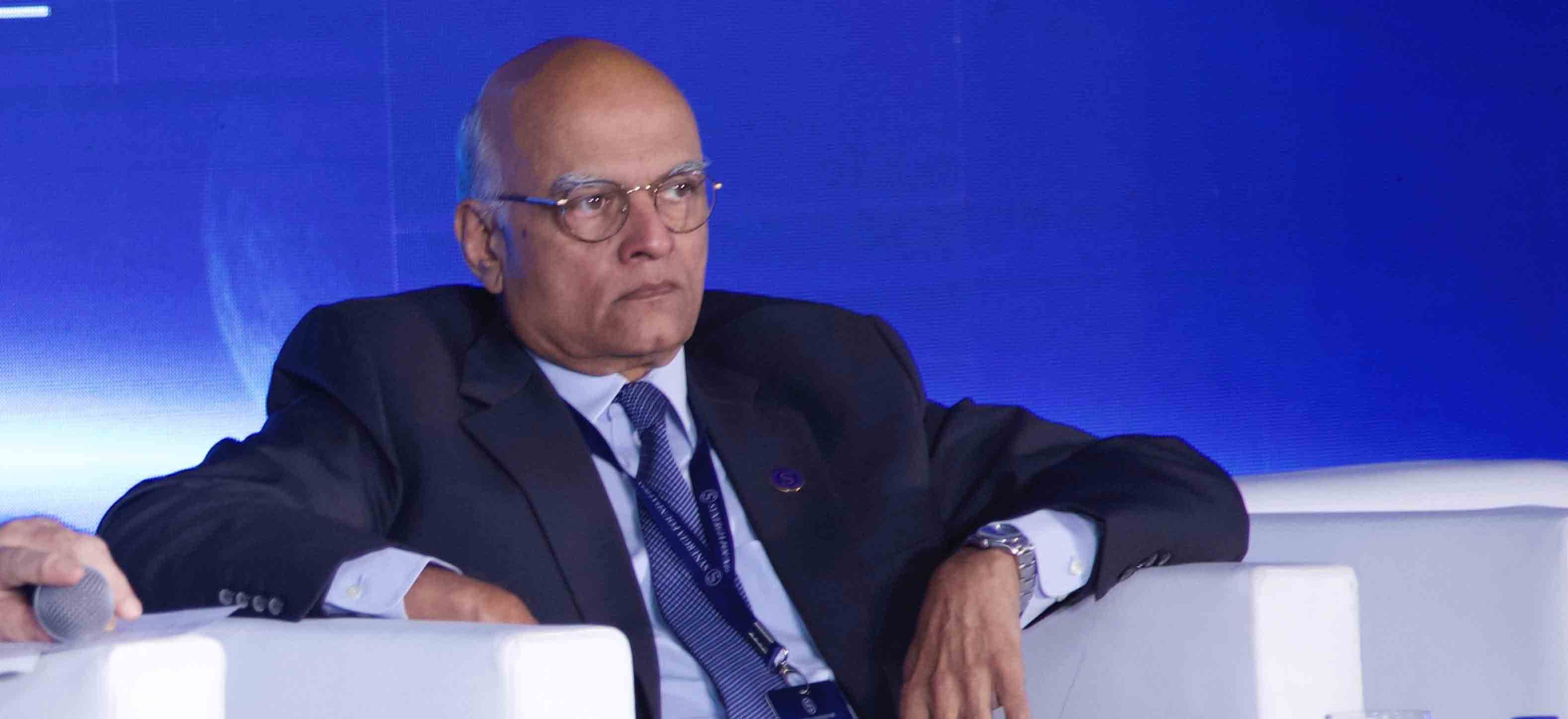Mastering Agility in Geopolitical Uncertainty
November 29, 2019 | Expert Insights

Background
While on the economic front, there is optimism surrounding global and demographic growth in emerging countries, particularly in the Asia-Pacific region, the political outlook is far gloomier. Experts warn of a potentially conflict-ridden, multipolar world order where international institutions could play a more limited role. Uncertainty is on the rise as tensions among citizens around the world are raising questions about the relationship that exists between governments and themselves. The social understanding between society and their governments is unravelling as people are demanding increasing levels of security and prosperity.
Meanwhile, a more limited presence of the U.S. on the global stage is creating gaps for authoritarian powers like China. In addition, a heightened risk of conflict is arising between nations competing for regional power states like India and Pakistan or Iran and Saudi Arabia.
Analysis
The panel covered a wide canvas highlighting how countries big and small are faced with populist parties which have belied predictions to continue to make political hay despite the falling quality of life. In this context, the example of France, Brazil and the Philippines was cited where leaders have been advocating anti-environment and openly being racial yet achieving electoral success. It appears that the common man has abandoned mainstream political parties with a liberal centrist outlook as they feel they have failed them.
The bulk of the global population is a disillusioned lot. Globalisation has not been a happy story for all strata of society- 1% of the population saw a rise of 138% in their income- while bulk, especially lost jobs. Leaders today use immigration and minority issues to lobby with the public and are apparently succeeding. The face of civil society protests is also undergoing a change, leading to uncertainty in government as to how to deal with them without being accused of human rights violence. Exploiting the full power of the internet, protesters ‘manipulate’ chaos in peaceful protests producing Molotov cocktails and other devices to incite law enforcement agencies. Therefore, in democracies, this leads to the question of whether liberty can be unlimited and unrestrained? Most states feel the urge to curb it.
The US, for all its blemishes, did perform a stabilising role at the global level. Under Trump Administration, this is being replaced by a populist isolationist foreign policy. Thus, an equilibrium between the nations of the world to prevent chaos rose, thanks to US, after the bloodletting of World War 2, is being threatened with abandoned, to the detriment of mankind.
Today, the China-US faceoff dominates all geostrategic discussions. US considers China’s rise as an affront to its position and has clearly displayed its intentions to curb it, irrespective of its implications for the world at large. China, without doubt, is the new rising power. The panel felt that despite the criticism, BRI is on the path of succeeding even though US and India and many other important countries have stayed out of it. Chinese have set 10 milestones for themselves to achieve by 2025 to include such high tech fields like robotics, quantum engineering, AI and ICT and they are well on their way to achieve all of them.
It was the panel's conclusion that major conventional war are unlikely, although minor ongoing skirmishes will continue. Notwithstanding that, unpredictable incidents can spiral out of control sucking in major powers into a conflict – North Korea is a prime contender for this honour. However, Big powers will continue to meddle in local conflicts with their proxies.
Terrorism has become a catch-all clause to justify all ailments including lack of governance, This has been compounded by the declining quality of national leaders who are on record making strategic interventions using ludicrous logic. The intelligence agencies are playing a larger role under such leadership and now they have technological means to collect information about “ all the people, all the time, at all the places”.
There has been a clearly discernible shift in global power, largely due to globalisation. Most of the growth has taken place in Asia and some feel that the centre of gravity is shifting to Asia, powered largely by China and to some extent by India. Traditional power centres in the West have to come to terms with this reality, eventually.
Assessment
- The consensus of the panel was rather foreboding as they were unanimous in their opinion that the future is far more uncertain than what is commonly understood. In fact, no clear solution is visible on the horizon from which we can take solace.
- Multilateralism, not isolation is the answer to China’s rise. By putting them in a corner, the situation is only being exacerbated which will only harm the entire humankind.
- India will not be able to achieve a big player status as long as its leadership in South Asia is questioned and not universally accepted. China, through Pakistan, has succeeded in tethering India to South Asia.
- Rise of new authoritarians in almost all great powers across the world is a worrying trend. There is a tendency to distort the facts and what is achievable- as growth declines, leaders’ promises are getting bigger. The world desperately needs mature and sagacious political leaders who can grow above narrow electoral gains.








Comments